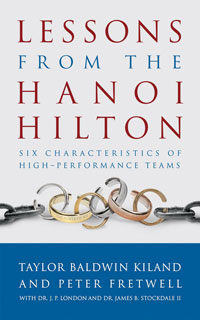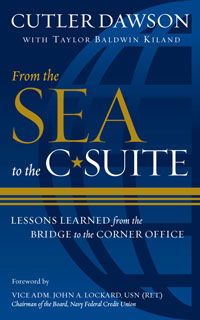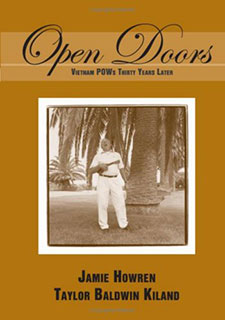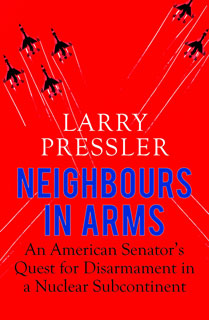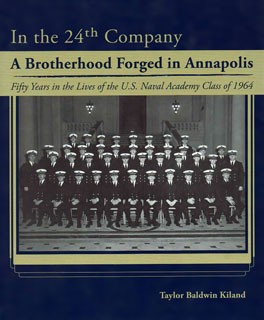Project Description
Lessons from the Hanoi Hilton: Six Characteristics of High-Performance Teams
Why were the American POWs imprisoned at the “Hanoi Hilton” so resilient in captivity and so successful in their subsequent careers? This book presents six principles practiced within the POW organizational culture that can be used to develop high-performance teams everywhere. The authors offer examples from both the POWs’ time in captivity and their later professional lives that identify, in real-life situations, the characteristics necessary for sustainable, high-performance teamwork. The book takes readers inside the mind of James Stockdale, a fighter pilot with a degree in philosophy, who was the senior ranking officer at the Hanoi prison. The theories Stockdale practiced become readily understandable in this book. Drawing parallels between Stockdale’s guiding philosophies from the Stoic Epictetus and the principles of modern sports psychology, Peter Fretwell and Taylor Baldwin Kiland show readers how to apply these principles to their own organizations and create a culture with staying power.
Originally intending their book to focus on Stockdale’s leadership style, the authors found that his approach toward completing a mission was to assure that it could be accomplished without him. Stockdale, they explain, had created a mission-centric organization, not a leader-centric organization. He had understood that a truly sustainable culture must not be dependent on a single individual.
At one level, this book is a business school case study. It is also an examination of how leadership and organizational principles employed in the crucible of a Hanoi prison align with today’s sports psychology and modern psychological theories and therapies, as well as the training principles used by Olympic athletes and Navy SEALs. Any group willing to apply these principles can move their mission forward and create a culture with staying power—one that outlives individual members.
Bring your organization the leadership and organizational principles that were forged in the crucible of a Hanoi prison.
“Let this sink in for a minute: approximately 30 percent of Vietnam veterans came home with PTSD; this same percentage is true for Iraq and Afghanistan veterans. Yet, only 4 percent of Vietnam prisoners of war returned with PTSD. What if I told you that PTSD may be a leadership problem? Don’t take my word for it. Read this book and hone your EQ!”
— Ken Falke, Founder and Chairman, Boulder Crest veterans’ wellness retreats
What you can expect to learn about this “Lessons from the Hanoi Hilton”:
- Learn how the Vietnam POWs held in the Hanoi Hilton were a sustainable, resilient, high-performance organization and why.
- Learn how to become more personally resilient—through the practices of the Vietnam POWs.
- Learn how resilient individuals can best effect resilience in an organization—just like the Vietnam POWs did.
Taylor has spoken about “Lessons from the Hanoi Hilton” to military and veterans groups, emergency management professionals, business executives and students around the country, including the United States Naval Academy and the Naval Academy Museum, the United States Air Force Academy, the Naval War College Museum, Frederick Community College, Delta Gamma Fraternity, the Union League of Philadelphia, the Library of Congress, the National Museum of the U.S. Navy, Booz Allen Hamilton, the Wisconsin Emergency Managers Association, and the International Association of Emergency Managers.
She will customize her presentation for the audience.


